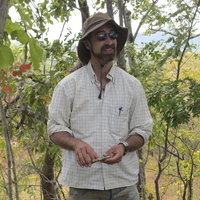
David Wright
My research interests primarily revolve around understanding interactions between humans and the environments they inhabit. Sedimentary geology and GIS analysis are the scientific applications to archaeology that I use as tools to accomplish my research goals. Over my career, I have used these tools to study earth processes, completing archaeological projects covering a variety of research objectives and geographic areas. However, human systems are incredibly complex to study, and I have learned that interdisciplinary collaborations produce the most fruitful and informative research projects.
Over the last several years, I have been pursuing archaeological research in three primary geographic regions: the Desert Southwest of the USA and in different parts of Africa. In these projects, I have sought to understand how humans adapt to climate change on various scales. My primary research objective is to understand where sediments originate from and where they end up being deposited within a chronometric framework (source-to-sink analysis). This informs archaeological site preservation/taphonomy as well as human behavior and adaptations to landscape change. In that capacity, I work with archaeologists who develop synergistic research questions and approach past human occupations holistically, integrating environmental aspects of human settlement with the technologies people used to sustain themselves.
My experience in cultural resource management and numerous field projects allowed me to spend a lot of one-on-one time with excellent field archaeologists, which, in turn, informed my approach for mentoring students of my own once I had the requisite qualifications. Prior to moving to Asia, most of my post-doctoral teaching experience occurred at the bottom of a trench. In this regard, my success as a teacher depended on being an efficient and meticulous researcher, and I continue to employ that philosophy when I am in a classroom.
I use the scientific method as the foundation of my research and teaching philosophies, and apply scientific tools such as OSL dating and stratigraphic analysis to understand broader processes relating to human habitation of landscapes. For me, science is the process by which greater insights into the natural and cultural realms can be gleaned, not the objective. Great research happens when scientists from different disciplines bring their skills sets together to achieve a common set of goals.
For more details, visit www.davidkwright.com.
Over the last several years, I have been pursuing archaeological research in three primary geographic regions: the Desert Southwest of the USA and in different parts of Africa. In these projects, I have sought to understand how humans adapt to climate change on various scales. My primary research objective is to understand where sediments originate from and where they end up being deposited within a chronometric framework (source-to-sink analysis). This informs archaeological site preservation/taphonomy as well as human behavior and adaptations to landscape change. In that capacity, I work with archaeologists who develop synergistic research questions and approach past human occupations holistically, integrating environmental aspects of human settlement with the technologies people used to sustain themselves.
My experience in cultural resource management and numerous field projects allowed me to spend a lot of one-on-one time with excellent field archaeologists, which, in turn, informed my approach for mentoring students of my own once I had the requisite qualifications. Prior to moving to Asia, most of my post-doctoral teaching experience occurred at the bottom of a trench. In this regard, my success as a teacher depended on being an efficient and meticulous researcher, and I continue to employ that philosophy when I am in a classroom.
I use the scientific method as the foundation of my research and teaching philosophies, and apply scientific tools such as OSL dating and stratigraphic analysis to understand broader processes relating to human habitation of landscapes. For me, science is the process by which greater insights into the natural and cultural realms can be gleaned, not the objective. Great research happens when scientists from different disciplines bring their skills sets together to achieve a common set of goals.
For more details, visit www.davidkwright.com.
less
Related Authors
Kim M Cohen
Utrecht University
Oludamini Ogunnaike
University of Virginia
Maurizio Forte
Duke University
Kefa Otiso
Bowling Green State University
David Seamon
Kansas State University
Jose Ruben Guzman-Gutierrez
Universidad Humanista de las Americas
Armando Marques-Guedes
UNL - New University of Lisbon
Enrico Cirelli
Università di Bologna
Gail Higginbottom
CSIC (Consejo Superior de Investigaciones Científicas-Spanish National Research Council)
Gabriel Gutierrez-Alonso
University of Salamanca
InterestsView All (12)
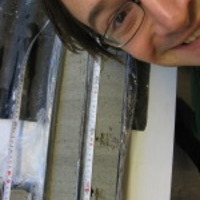
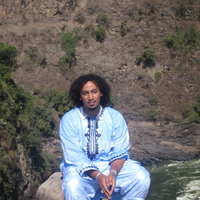
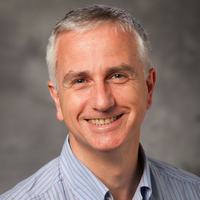
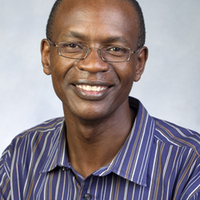



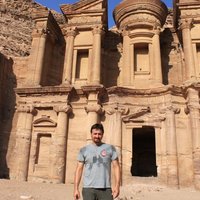

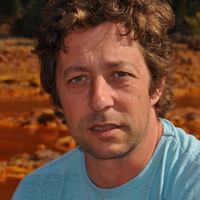
Uploads
Papers by David Wright
Authors not found on Academia:
Torben Rick, Tim Denham, Jonathan Driver, Heather Thakar, Amber L. Johnson, R. Alan Covey, Jason Herrmann, Carrie Hritz, Catherine Kearns, Dan Lawrence, Michael Morrison, Robert J. Speakman, Martina L. Steffen, Keir M. Strickland, M. Cemre Ustunkaya, Jeremy Powell, Alexa Thornton.